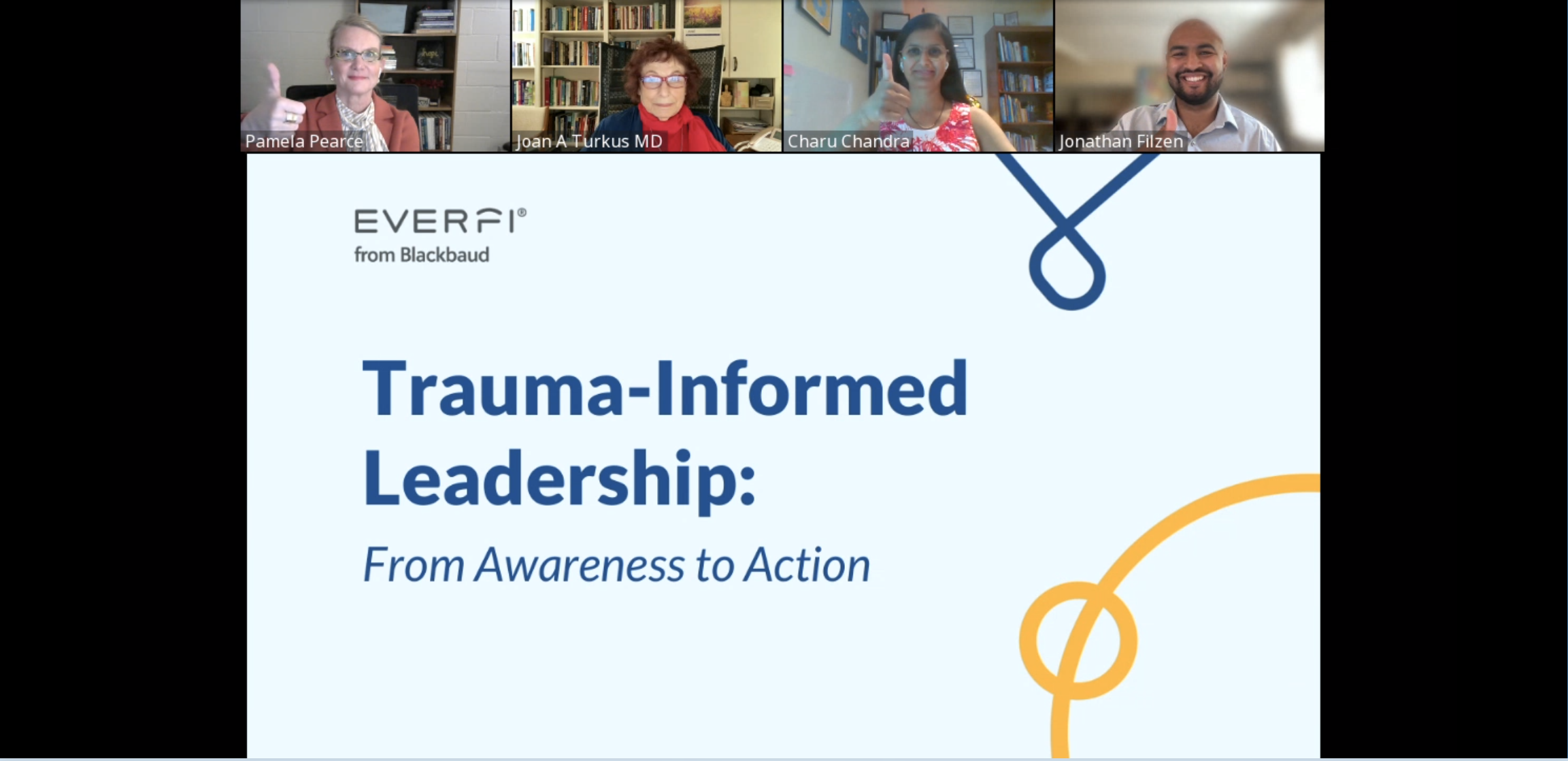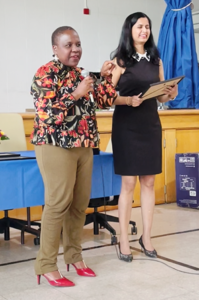Speaking Engagements
Message for School Officials and Parents
Consider this:
-
- “If a child doesn’t know how to read, we teach”
- “If a child doesn’t know how to swim, we teach”
- “If a child doesn’t know how to multiply, we teach”
- “If a child doesn’t know how to drive, we teach”
- “If a child doesn’t know how to behave, we…”
- ” ……….Teach? …….punish? “
- “Why can’t we finish as automatically as we do the others?” -Tom Herner (NASDE President) Counterpoint 1998, p-2
Every student has a lot of potential to grow to the best of his/her abilities, but sometime students’ inherited or environmental factors do take over, making the process of learning challenging for both- students and teachers. Usually, these are the students teachers end up spending more time on behavior management, compromising instruction time.
When students with social, emotional, mental and/or behavioral health needs are referred to the discipline office, some may end up being referred to outside agencies; yet, many a times students and families aren’t able to take advantage of these referrals. Reasons can be different for every individual, but most families end up compromising mental health needs in front of their daily busy work schedules, financial challenges and so on.
Restorative practices focus on fostering relationships, to prevent conflict, and on responding to misconduct by encouraging individuals to accept responsibility, repair harm and and rebuild relationships. Restorative practices can help individuals to understand the impact of their actions, heal the harm, and restore using a set of processes and tools that help us create a caring community.
At the Office of Social and Emotional Learning, Chicago Public Schools, as a Restorative Practices Leadership Coach, Charu has provided RP Leadership Coaching to school leadership teams at 20-36 schools/per year, for nine years. She has managed two Certification Programs, RP Affiliate Training Series to prepare restorative practitioners and Restorative Practices Leadership Certification program to prepare RP coaches for schoolwide implementation of RP.
Charu has focused on supporting staff to develop restorative mindsets, language, and learn strategies to build relationships and repair harm. She has provided trauma-informed care to the members of the school community as well.
These services include, but aren’t limited to the following.
- Restorative Practices training for staff to become restorative practitioners, developing restorative mindset and language.
- Coaching for implementation of Restorative Practices in the Classroom.
- Supporting administration to create restorative systems, structures and protocols to create a supportive school environment.
- Coaching to repair harm, cope and heal.
- Restorative/logical consequence training to implement restorative discipline.
- Consultation service to teachers, parents, and other school staff.
Supervision for Restorative Practice Coaches. - Trauma focused Training, De-escalation training, professional development opportunities for administrators and staff members at the schools and community members to create supportive school environments.
Charu can be available to provide restorative practice coaching, training support and consultation services to staff, schools leadership teams or support the district officials.
For more information regarding restorative practice coaching services- contact



